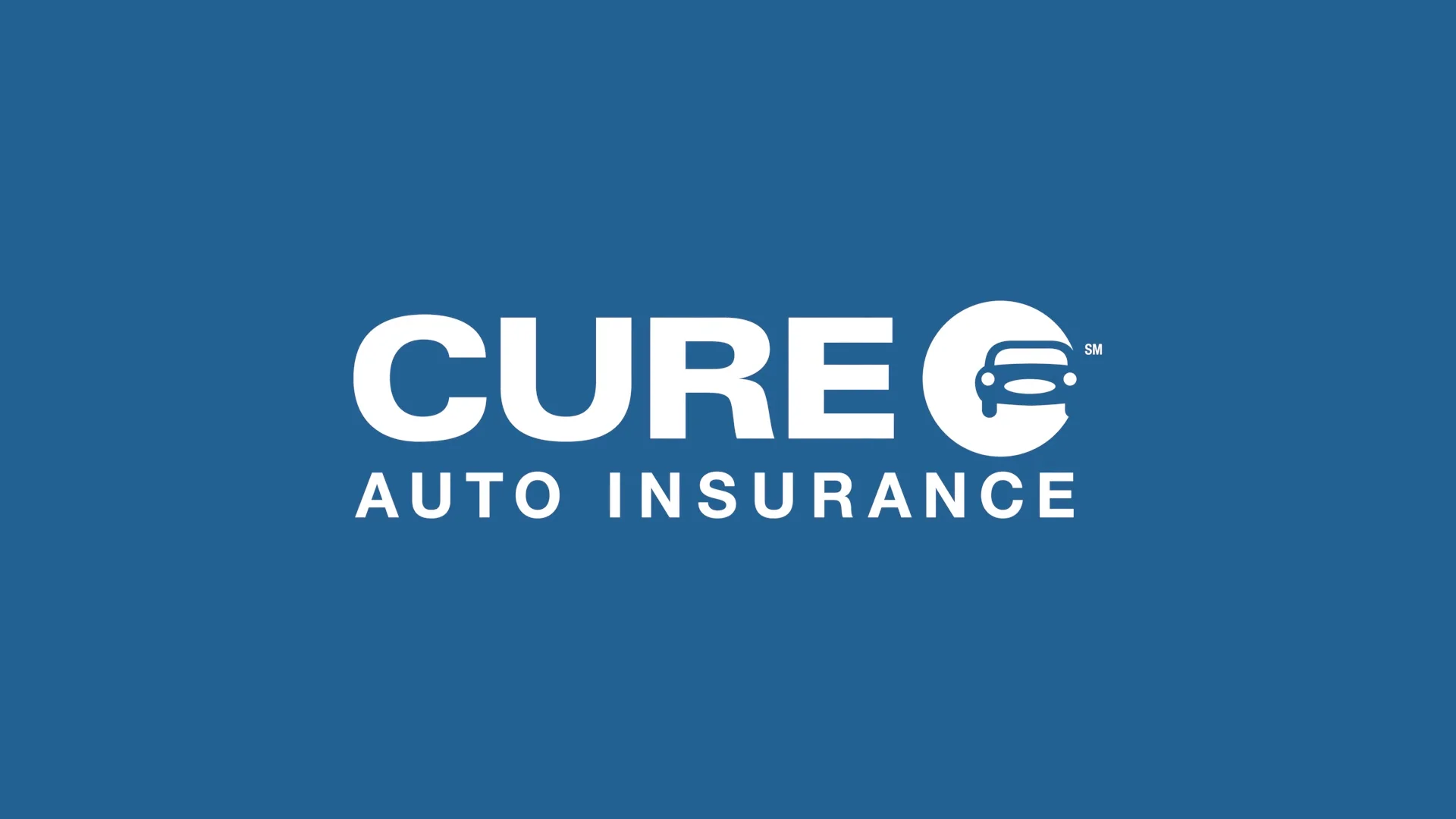
CURE (Citizens United Reciprocal Exchange) is a New Jersey and Pennsylvania-based insurance provider which offers affordable rates to drivers with proven driving histories.
Cure Auto does not utilize traditional risk assessment practices such as credit checks and income rating factors to calculate premiums; rather they utilize your driving history alone in this regard.
Basic Policy
CURE claims it is a not-for-profit company, making them less inclined to prioritize profits over customers. Therefore, their rates don’t rely on credit history or occupation as key criteria – they instead analyze drivers’ histories and habits for accurate assessments of coverage costs.
This company also offers discounts to drivers with safe records or factors that reduce their risk. Drivers with three years or more without accidents or who park their car in a secure garage may get discounts.
According to ValuePenguin reviews of CURE Auto Insurance, many customers complain that its representatives take too long to resolve and pay claims. Furthermore, these customers report an unorganized record system and unresponsive insurance representatives when responding to concerns.
Multiple CURE auto insurance customers in Michigan have reported being left vulnerable by this policy’s refusal to cover medically necessary surgeries following an accident, leaving their customers vulnerable against both crushing medical debt and financial disaster.
Standard Policy
Cure offers multiple insurance policy options, from state minimum coverage requirements all the way up to full comprehensive protection that includes collision and comprehensive protection as well as roadside assistance such as towing, tire service and battery jumpstarting services. These plans also come equipped with roadside assistance services like towing, tire service and battery jump-starts – perfect for the busy driver on the go!
This company doesn’t rely on credit scores when setting rates; rather, its prices reflect driving history – making this an attractive option for students with poor or no credit.
Cure began offering policies in Michigan in July 2021, soon after the new No-Fault fee schedule reduced medical providers’ fees by 45%. Since then, it has received many complaints from insureds throughout Michigan about its claims handling practices.
CURE Insurance Company has reportedly come under scrutiny by some insureds due to allegedly second-guessing doctors and refusing to pay for surgery, leaving injured drivers facing overwhelming medical bills. Furthermore, this company requires customers to deposit 25% more money “than what their premium requires”, in violation of state law and charges an interest fee on this additional deposit amount – something CURE cannot legally do as per state laws.
Collision Coverage
CURE offers basic car insurance policies based on state minimum limits. In addition, most policies also feature optional collision and comprehensive coverage that pays to repair your own vehicle. You can select various deductible options to determine how your premium may change over time.
All CURE policies include roadside assistance services that include towing, tire service and battery jump-starts. Furthermore, drivers who park their vehicles in secure parking facilities receive a 15% discount off their first year policy coverage.
Citizens United Reciprocal Exchange, commonly referred to as CURE, operates as a mutual insurer that bases its quotes solely on driving history rather than factors like credit score, occupation level or homeownership status. Unfortunately for Michigan drivers insured through CURE, their driving history-centric approach has resulted in numerous complaints from Michigan insureds about second-guessing physicians and refusal to cover medically necessary treatments following collisions. In 2023, Michigan Department of Insurance and Financial Services (DIFS) ruled against Cure after it refused payment for spinal surgery needed after serious collision.
Comprehensive Coverage
CURE provides more than the minimum car insurance required by law; we also offer collision and comprehensive coverage with flexible deductible options to lower monthly premiums.
As is typical for non-profit insurers, the company is known to play an active role in its local communities by sponsoring an annual Pay It Forward Scholarship Award since 2006. Furthermore, executives from this insurer often attend high school events where they present on vehicle safety and driving responsibly.
Others customers, however, report that the company takes an inordinately long time to resolve claims, with an arduous and complex process. Furthermore, they frequently have to wait for representatives of the company to return their calls, or have important paperwork and data misplaced or out-of-order.
According to an independent appraiser with experience working with clients of all kinds of insurance, Cure routinely denies and rescinds claims in order to discourage Michigan drivers from selecting policies with unlimited medical coverage and encourage them to select lower PIP limits – potentially leaving them exposed to crushing medical debt and financial collapse.
Uninsured Motorist Coverage
If a driver is struck by an uninsured motorist, this coverage can help cover some or all of their damages. It’s an essential form of coverage and must be present.
CURE operates as a non-for-profit reciprocal exchange and requires contributions to their surplus fund as part of your premium payment in order to increase financial security and ensure they can provide services.
An independent appraiser who specializes in car crash damage estimates that Cure Auto Insurance is setting their customers up for crippling medical and financial debt and personal bankruptcy by routinely second-guessing doctors and refusing to cover surgery for car accident victims. Furthermore, Cure advises drivers to purchase less than unlimited no-fault medical coverage, leaving them vulnerable.
CURE stands out as an alternative because its not-for-profit pricing doesn’t take credit history into account when setting policy prices, making them more appealing to students with poor credit histories who would normally be excluded from cheaper insurance plans due to credit requirements. Unfortunately, this also makes predicting claims risk more challenging and thus providing competitive rates over time.